Emotions in Education : Success of a CoderDojo
Learning is always at its best an emotional experience. Complex tasks can easily result in feelings of frustration, anger, and helplessness that are highly demotivating. A sense of pride, admiration or excitement makes learning seem like fun. This triggers students’ interest and motivates them to improve.
Emotions associated with subjects significantly influence whether children are attracted to them – a phenomenon which psychologists call ‘valence‘.
This is especially true for computing, which is often perceived as difficult.
What Are CoderDojo Programming Clubs?
CoderDojo is a global volunteer-led community of free coding clubs for young people between 7 and 17. The CoderDojo Foundation (a registered charity) operates out of Dublin, the foundation supports the individual CoderDojo coding clubs (called “Dojos”) with extensive online support materials and services covering Scratch, HTML/CSS, Javascript, Python, Ruby, PHP, Raspberry Pi, Arduino, App Inventor, Swift, and Microbit.
The aim of the CoderDojo Foundation is to help address the shortage of computer software engineers, programmers, and coders by introducing young people to computer programming in a fun environment.
CoderDojo estimates there are over 1,500 Dojos spread across 69 countries, with a growth rate of several new Dojos every week.
Successful CoderDojo Programming Club Factors
Studying the environment of 4 CoderDojo technology clubs for 7-17 year olds, McKelvey and Cowan identified the main aspects that made computing and digital making enjoyable for learners:
The Social Environment of a Coding Club
Children appreciated that they could talk to each other and meet new people at a coding club.
It created a positive atmosphere and prevented the feeling of isolation at times of failure.
A mix of age groups allowed pupils to support each other.
Informal CoderDojo Club Setting
In more successful CoderDojos, the educator was not a pupils’ teacher.
It also helped if they were taking place out of school hours or context.
This made children feel like they were having fun, rather than attending just another school lesson.
Interesting Coding Tasks
The most popular topics covered by Dojos are Scratch, HTML/CSS, Python, Raspberry Pi, Arduino, and Javascript.
When pupils chose a task that interested them personally, they were more likely to work on it during their free time and to be resilient in solving it.
Personal interest also increased young people’s pride in their finished work.
Lack of Limits
Children enjoyed choosing their own way of solving a programming problem.
It allowed them to take control over their own learning, explore options and experiment, which made tasks exciting.
Choosing between different ways also shifted the focus of learning from solution to process.
Such ‘learning as inquiry’ deepens children’s understanding.
Educational Support, Not Control
Similarly, successful educators can show the direction to pupils without commanding them.
Children’s motivation seemed higher when they could own their education and co-create it.
Creativity and Imagination Programming
Young people were most intrigued by the level of creativity involved in a CoderDojo.
They felt they could create anything they could imagine.
This transformed computing into a skill that students longed to enhance.
Conclusion
Aspects of learning that make a CoderDojo enjoyable for students can be transferred to other educational contexts. Through activities and approaches that potentiate positive emotions, teachers can increase young people’s interest in a subject.
A positive emotional attitude (positive valence) increases young people’s perseverance and motivates them to actively participate in lessons.
Understanding how to make education ‘fun’ is thus not only important for maintaining children’s well-being, but also for the effectiveness and success of teaching.
You can read McKelvey and Cowan’s original article Valence at CoderDojos: An Exploration.
Originally published in Hello World Issue 4 : The Computing and Digital Making Magazine for Educators. Original article by Lucia Flóriánová, the above article includes modifications from the original article. License CC BY-NC-SA 3.0

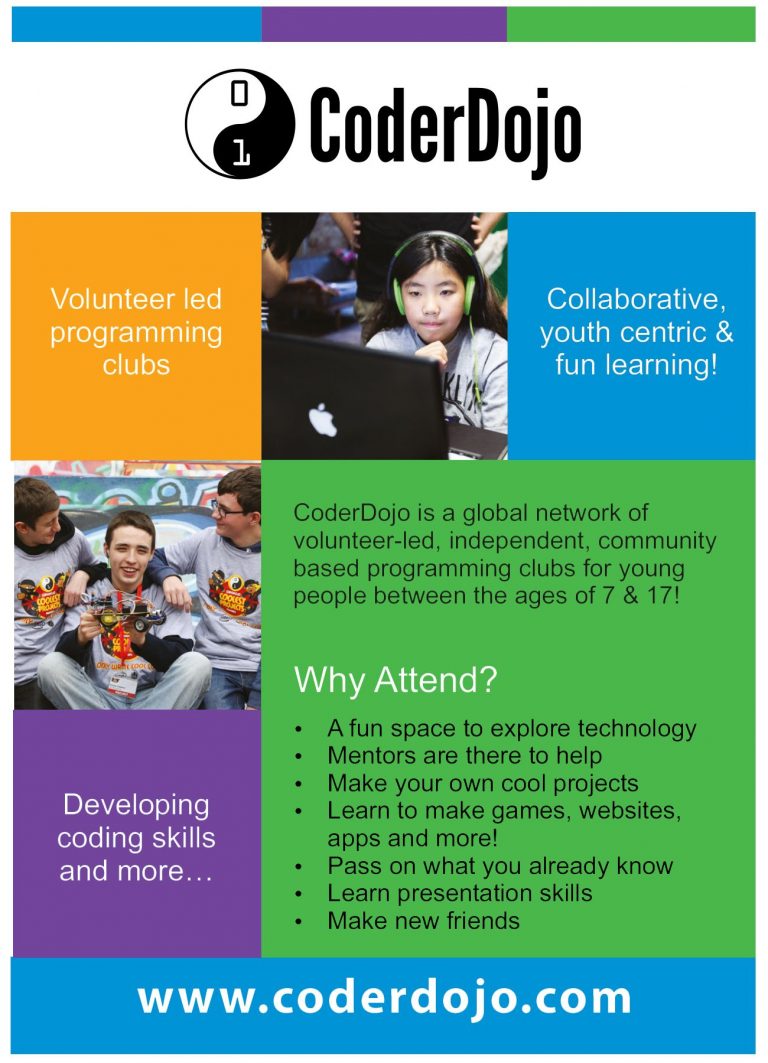
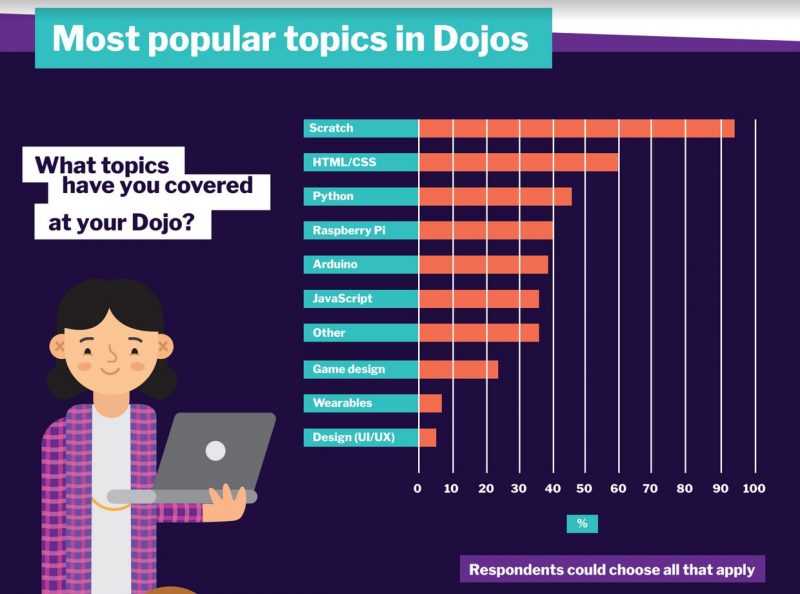
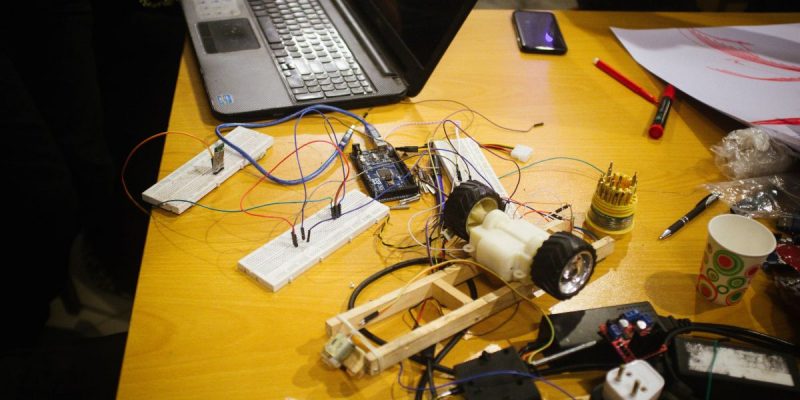
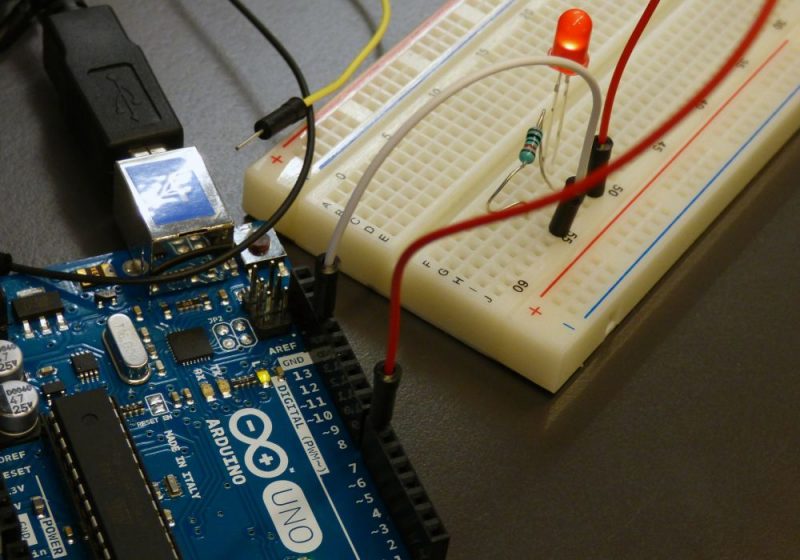
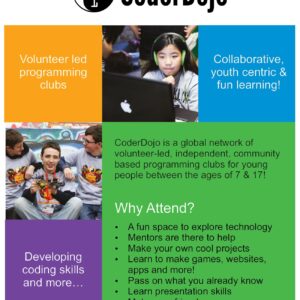
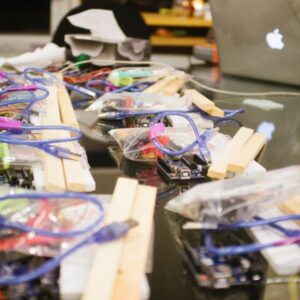
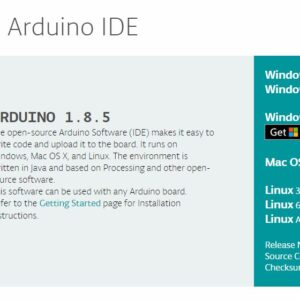
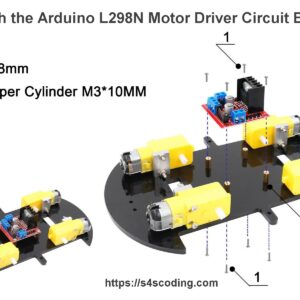

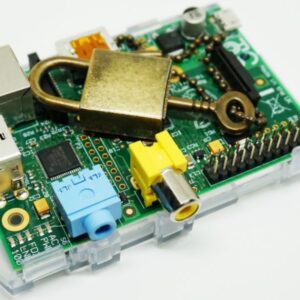
Scratch Broadcast and Wait Block Waits for the Receiver Block to Finish: this block lets...
When to Teach Coding in Primary Schools #Coding #Teachers...
Primary School Coding Curriculum Key Stage 1: understand what algorithms are, how they are implemented...
Cubetto Playset Coding Kit #Cubetto #Coding...
Raspberry Pi Camera Module V2 Attached to a Raspberry Pi 3 Model B+ #RaspberryPi...
Arduino IDE Sketchbook Location #Arduino...